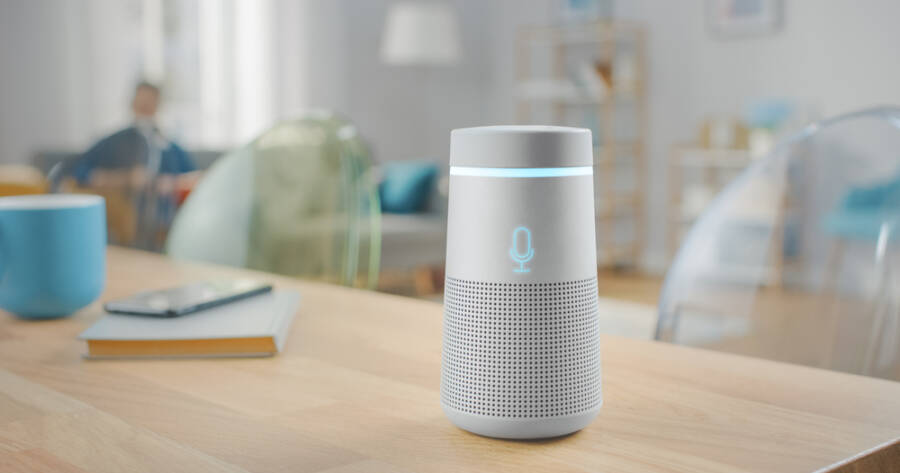In recent years, the integration of smart technology and the Internet of Things (IoT) has transformed our living spaces, leading to a new wave of homes that could offer unprecedented convenience and efficiency. These smart homes interact with their inhabitants, offering a seamless living experience that might enhance comfort and efficiency while potentially aiding in energy conservation. Understanding the features and benefits of smart homes and knowing how IoT devices can reshape everyday living can help you make a decision about what to do with your own home.
The Rise of Smart Home Technology
The proliferation of smart home technology has been significant, largely driven by advancements in IoT. These systems aim to interconnect various devices and applications within a home to create a cohesive ecosystem.
With products ranging from smart thermostats and lighting to security systems and voice-activated assistants, many homeowners may find increased control and convenience at their fingertips. The ability to remotely manage home functions through mobile applications or voice commands could empower users in ways that were previously unthinkable.
Energy Efficiency and Cost Savings
One notable feature of smart homes is their potential for energy efficiency. Smart thermostats, for example, can learn user preferences and may adjust heating or cooling to optimize comfort while minimizing energy use.
Lighting systems might automatically turn off when rooms are unoccupied, and smart appliances may provide energy consumption reports. By employing these technologies, homeowners might see a decrease in utility bills, although individual results can vary significantly depending on usage patterns and local energy costs.
Enhanced Home Security
Smart technologies could also provide enhanced security features, making homes safer and more secure. IoT-enabled security systems offer features such as real-time surveillance via cameras, motion detectors, and remote alerts on mobile devices.
Homeowners might be able to monitor their homes from anywhere in the world, receive notifications of unusual activity, and control locks remotely. While these advancements offer promising enhancements, they should be implemented with careful consideration of privacy and cybersecurity measures.
Health and Well-being in Smart Homes
The potential impact of smart technology on health and well-being is another exciting development. Devices such as air quality monitors, sleep trackers, and even smart kitchen appliances could contribute to a healthier lifestyle.
Air quality monitors might alert residents to high levels of allergens or pollutants, while sleep trackers could provide insights into sleep patterns. In the kitchen, smart appliances can suggest recipes based on available ingredients, although users should verify nutritional information independently.
Connectivity and Interoperability
One challenge that smart home technology faces is ensuring seamless connectivity and interoperability between different devices and platforms. With a myriad of manufacturers and systems on the market, compatibility issues may occasionally arise.
A unified ecosystem could enhance user experience by allowing devices to communicate effectively with one another. Standardization efforts are underway, and with emerging protocols, the future trend may point towards more integrated solutions.
The Future of Smart Homes
The future of smart homes is likely to be characterized by continued innovation and increased adoption of IoT technologies. As artificial intelligence and machine learning evolve, homes could become more intuitive, learning the habits and preferences of their occupants to tailor experiences accordingly.
Innovations in renewable energy, such as solar panels integrated with IoT systems, may also become more prevalent, encouraging sustainable living practices. Nevertheless, the pace of this evolution will depend on factors such as market trends, technological advancements, and consumer demand.
Are You Upgrading Your Home?
As smart home technology and IoT continue to develop, they may revolutionize the way we live, offering a seamless blend of convenience, efficiency, and connectivity. These systems could provide tailored experiences, enhance security, and lead to potential energy savings, all while contributing to a more comfortable and possibly healthier lifestyle.
However, successful implementation will require careful consideration of compatibility, privacy, and user needs. While the full potential of smart homes remains to be seen, ongoing innovation might lead to exciting and meaningful advancements in residential living.

